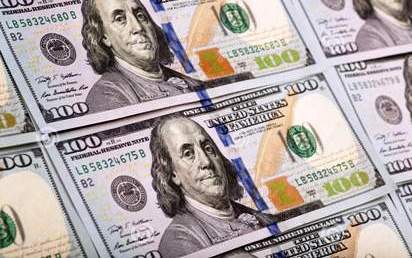Sudan to introduce new measures to curb rising U.S. dollar price
May 21, 2016 (KHARTOUM) – Sudanese government on Saturday said it would announce a new set of measures within two weeks to control the U.S. dollar price increase in the black market.

The official dollar exchange rate stated by the Central Bank of Sudan (CBoS) is around 6.4 SDG.
Government official spokesperson and Minister of Information Ahmed Belal Osman disclosed that a set of measures would be applied to address the economic conditions in the country pointing to “positive signs” to stop the rise in the dollar price.
He told the semi-official Sudan Media Center (MCS) that the government is making great efforts to address the economic hardships caused by the external sanctions.
“We would apply many measures to improve the [economic] conditions in the country particularly with regard to the foreign exchange,” he said.
Security services usually arrest traders of hard currency in the black market for some time when dollar price witnesses significant increase.
However, the Governor of the Central Bank of Sudan (CBoS) Abdel-Rahman Hassan Abdel-Rahman has recently said in press statements that traders of the U.S. dollar must be tried for high treason.
For his part, the Minister of Finance Badr al-Din Mahmoud last February said the dollar price in the black market must not exceed 7,0 Sudanese pounds (SDG) attributing the large increase to the speculative activities.
The spokesperson pointed that Sudan is not the only country that is going through difficult economic conditions, saying similar nations are also suffering from economic sanctions.
He stressed that Mahmoud will hold a press conference at the premises of the Ministry of Information to lay out the measures which would be applied within two weeks to overcome the economic problem.
Sudan’s economy was hit hard since the southern part of the country declared independence in July 2011, taking with it about 75% of the country’s oil output.
The report attributed the deficit in the trade balance to the decline in the price of exports particularly gold and oil.
Washington imposed economic and trade sanctions on Sudan in 1997 in response to its alleged connection to terror networks and human rights abuses. In 2007 it strengthened the embargo, citing abuses in Darfur which it labelled as genocide.
(ST)
